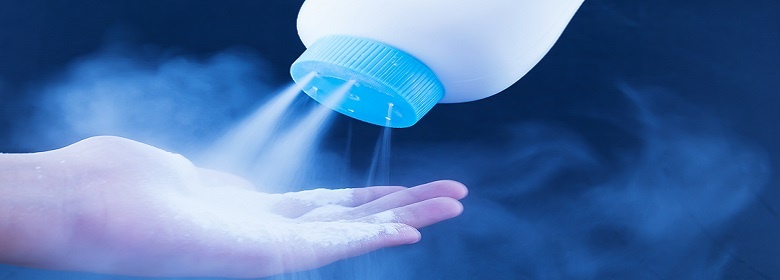
Oakland, CA - A California state court jury awarded $12 million on Wednesday to a woman alleging she contracted mesothelioma from asbestos supposedly present in Johnson & Johnson’s and Colgate-Palmolive’s cosmetic talc products, marking the end of the first talc powder trial involving the two companies.
The verdict came after a week of deliberations, during which the jury indicated on multiple occasions it faced a likely deadlock. While the panel did award plaintiff Patricia Schmitz compensatory damages, they declined to award punitive damages, a decision Schmitz’s attorney indicated he would challenge in post-trial motions.
Jurors assigned J&J and Colgate each 40% responsibility for Schmitz’s illness. The other 20% was assigned to Avon Products Inc., which was not a party in the case. Schmitz, 61, testified that she used cosmetic talc products throughout her life including J&J’s Baby Powder, Colgate’s Cashmere Bouquet and Avon’s Night Magic.
Both companies plan to appeal the verdict.
The full trial was webcast and recorded gavel-to-gavel by Courtroom View Network and is available to subscribers, along with numerous other talc and asbestos trials throughout the country, as part of CVN’s online trial video library.
Schmitz’s attorney, Joseph D. Satterley of Kazan McClain Satterley & Greenwood, said in an email the retired teacher hopes the verdict will lead to the removal of all talc from baby powder products.
“The jury saw through all the smoke and mirrors from the defense attorneys,” Satterley said. “Both J&J and Colgate have known their products included asbestos but failed to warn consumers for decades.”
Wednesday’s verdict marks the third consecutive verdict Satterley and his firm notched in cosmetic talc trials involving J&J. Last year Satterley landed a $117 million verdict in the first talc case to go to trial in J&J’s home state of New Jersey, and earlier this year he landed a $29.5 million verdict in the only other J&J talc case to go to trial in Alameda County, California. This case was the firm’s first trial involving Colgate.
J&J spokesperson Kim Montagnino told CVN the company would appeal the verdict, which it has done following each of its trial losses to date in talc cases, with some verdicts already successfully thrown out. Both J&J and Colgate vigorously deny their talc products ever contained asbestos and accuse plaintiffs of relying on faulty science funded by plaintiff attorneys.
“We will pursue an appeal because Johnson’s Baby Powder does not contain asbestos or cause cancer, as supported by decades of independent clinical evidence,” Montagnino said. “There were serious procedural and evidentiary errors in the proceeding that required us to move for mistrial on multiple occasions and we believe provide strong grounds for appeal.”
Colgate spokesperson Thomas DiPiazza echoed Montagnino’s statement, citing “significant legal and evidentiary errors.”
“Most notably, the testimony of Colgate’s corporate representative was limited so that the jury was not allowed to hear live and complete evidence about Colgate’s extensive and state of the art talc testing program that was recognized by the FDA,” DiPiazza said.
Johnson & Johnson was represented at trial by a team from King & Spalding LLP, with Colgate represented by Foley & Mansfield and Barnes & Thornburg LLP.
The trial took place before Alameda County Superior Court Judge Frank Roesch, who denied requests from the defendants at the start of the trial to bar news cameras from covering the proceedings.
The companies raised similar objections in nearly all talc trials the news media has sought to film, however those objections have been largely overruled and the majority of cosmetic talc trials to date have been subject to video coverage by Courtroom View Network.
The case is captioned Patricia Schmitz v. Johnson & Johnson, et al, case number RG18923615 in Alameda County Superior Court.
E-mail David Siegel at dsiegel@cvn.com





